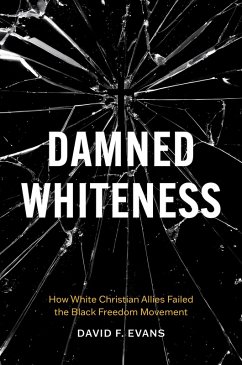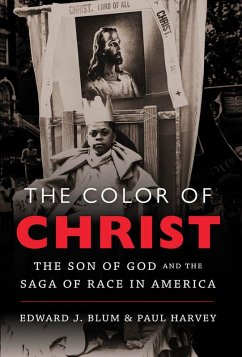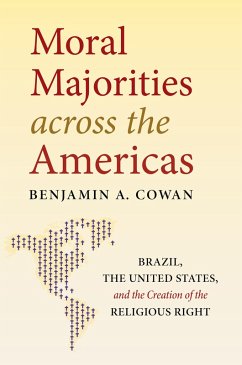The memory of the long civil rights movement often celebrates white men and women who drew on their religious faith to support Black demands for racial justice. However, the visions and actions of these leaders and their organizations often conflicted with those of Black leadership. While Black activists fought for a broad vision of freedom, white allies focused more narrowly on cultivating interracial friendship, marching in parallel to Black movement leaders rather than alongside them. Damned Whiteness offers an unflinching history of white-led efforts at interracial organizing gone astray. Considering the examples of Dorothy Day, cofounder of the Catholic Worker Movement; Clarence Jordan, spiritual father of Habitat for Humanity; and Ralph Templin, a Christian missionary who studied nonviolence in Gandhi’s India, David F. Evans reveals how religious white progressives inherited strategies that remained disconnected from the ideas and actions of Black communities. These disconnects have often been cloaked as disagreements over religious doctrine and practice, but Evans reveals how they stem from refusals to acknowledge Black leaders' philosophies and freedom dreams. Though these patterns persist, Evans offers a way out of this legacy of white allyship and into a future where freedom is possible.
Dieser Download kann aus rechtlichen Gründen nur mit Rechnungsadresse in A, D ausgeliefert werden.









